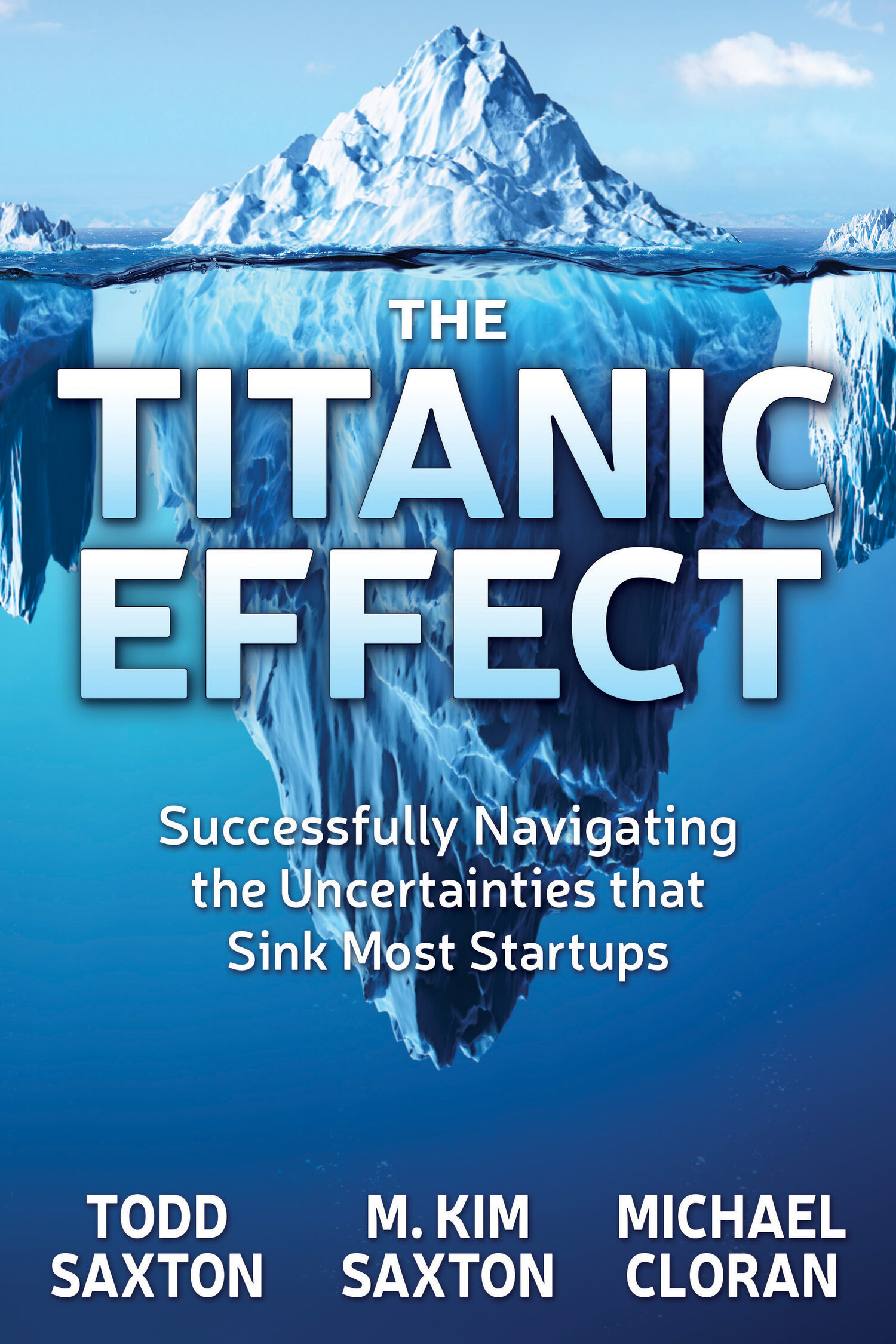Common advice to entrepreneurs is to experiment and “fail fast.” The idea is to move forward with something that might or might not be right. Take a stab. See if it’s working. If it is, keep doing it. If it’s not, stop.
With our early marketing efforts for the book, we wanted to have some experiments to see how “low-cost” marketing tools work. While these experiments were happening, we were watching and tinkering. So now, it’s time to step back and look at what happened.
First, we did a Kickstarter from March 27 to April 10, 2019 (click here to learn more about Kickstarter). We timed our experiment so the close of the Kickstarter would coincide with the start of the Titanic journey. We set a modest goal of $1,500. In order to support the effort, we emailed to our Subscriber list, posted to our social media, and had a number of supporters share on their social media. We also engaged in a little paid support via Facebook ads and a firm that specializes in Kickstarter promotions.
Let’s talk about the Kickstarter promotion firm. As soon as the Kickstarter went live, we received about 5 emails from firms who specialize in promoting Kickstarters. This was before we had even received any pledges! Wow, these firms were both active and aggressive. We picked one, let’s call it Firm Z, and paid $175 to get their help promoting to “superbackers.” We had low expectations—but if the effort helped us reach a new audience, it would be worthwhile.
At the same time, we spent $100 on Facebook ads, highly targeted to cities that have an active entrepreneurial community and to people who have engaged in startup-related content. So, here’s the data on what happened.
The Kickstarter was a successful campaign. It had about 30 backers pledge close to $2,000. We met our goal and connected with a few new people. Mostly, we learned a lot! The chart below shows our funding over time.
Kickstarter Funding History for The Titanic Effect
The Kickstarter video itself had a great conversion rate at 71% - 41 people watched the Kickstarter video and 29 of them backed the project.
We had 5 backers (for $185 total) that we did not already know – let’s attribute those dollars to Firm Z. So, this promotion nearly broke even on the $175 investment. But then, one of them had a payment problem. So, it had a net loss of $100. We probably would not do this again.
The Facebook ads reached more than 6,000 people. Of them, 69 clicked through to Kickstarter for a $1.29 cost per click. Kickstarter says that 3 backers came from Facebook, for a total of $270. So, maybe that investment was worthwhile? But it’s hard to say — we were also promoting through our own Facebook posts. This was a big ask on Facebook for strangers. So, it probably was not that successful.
To validate the effectiveness of Facebook ads, we ran another $50 in ads to the same targets promoting the discounted eBook from April 13-15. This time, the ad was seen by almost 5,000 people and 374 people clicked through to Amazon, for a $0.13 cost per click. Of course, we can’t tell if they bought the book. Amazon is not transparent with its sales data. Still, the eBook trended up to the Top-20 in its key categories. So at 13 cents per click, nearly equal reach and much higher action taking, this second ad looks like it was more effective than the first. We will probably try Facebook ads again.
And the last interesting result – for 15 of the 29 backers (or 52%), this was the first Kickstarter that they’d backed. It turns out that we actually helped Kickstarter reach a new audience.
Through these efforts, we gained about 20 new subscribers for the website. So net-net, we are satisfied with these experiments. And, we learned a few things about these low-cost marketing tools that probably won’t surprise anyone:
Since you don’t know what’s going to work, place multiple small bets and let them run. But, debrief after to see what you learned.
Build and be prepared to leverage your own great network. They will most likely support you more than strangers. We did an OK job at this—but only with our network who actively monitors social media, and either knew what a Kickstarter was, or were willing to invest in learning a new thing. In retrospect, we should have also prepared an email campaign to our network with an explanation of Kickstarter to better inform and leverage them. Our peers are not the best fit for Kickstarter due to lack of awareness. Still, we are humbled by the support our network gave us.
It takes a lot of effort to get people’s attention. So, you have to work at it from multiple angles.
Thanks very much to all of you who did support us in this experiment.
Lastly, we are excited to announce the date for The Titanic Effect Book Launch Party! Mark your calendars for Wednesday, June 12th at 6:00pm at DeveloperTown. Click here to go to the Eventbrite and sign up.


